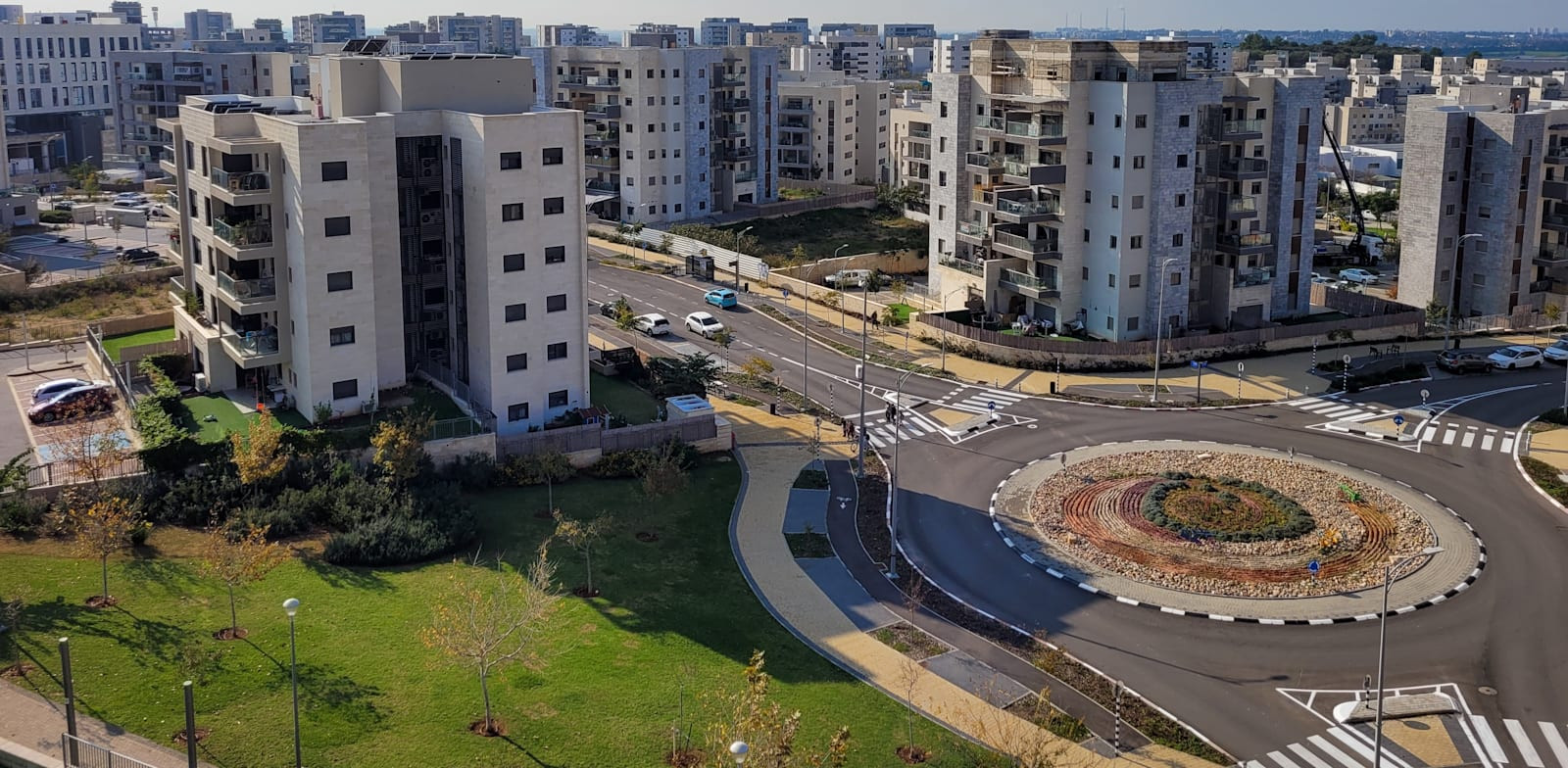Renting a single room in a shared flat or a house has become an increasingly popular housing option in the tense housing markets of European cities. These days, it’s not just students who are the main customers in this market but also newcomers to the cities, youth who have just moved out of their parents’ place and are seeking economic emancipation.
In that context, the property website Idealista has published a study on the overall situation of the rental room market in Portugal that shows both positive and negative trends. On the plus side, there’s an increasing supply of single rooms (although not in all cities), but on the other hand, the price of said rooms has also gone up compared to the previous year.
Room Rental Supply is Up, but Not Everywhere
The study shows that the number of rooms available for rent in Portugal increased by 57% in the past year. This increase was most pronounced in Castelo Branco, a city in the rural backcountry near the border with Spain, where the number of advertised rooms for rent increased by 112%. Other cities that saw significant increases in room availability include Lisbon and Porto, both of which saw a 76% increase.
However, not all cities saw an increase in room availability. In fact, some cities saw a decrease in the number of advertised rooms for rent. Funchal, the capital of the autonomous region of Madeira, saw the biggest decrease, with 73% fewer advertisements for rooms to rent than in the previous year. Other cities that saw a decrease in room availability include Évora, Setúbal, Faro, Aveiro, and Guarda.
Room Rental Prices Are Rising Across the Board
Despite the increase in room availability, prices have increased in all cities analysed by Idealista. The largest price increase was observed in Funchal, where room prices are now 60% higher than they were a year ago. This is likely due to the combination of a decrease in supply and an increase in demand, as Funchal is a popular tourist destination and a desirable place to live.
Other cities that saw significant price increases include Faro, Aveiro, Viseu, Setúbal, Évora, Guarda, Porto, Braga, Leiria, and Castelo Branco.
Room Rental Prices in Portugal's Major Cities
Lisbon continues to be the most expensive city to rent a room in Portugal, with an average price of 550 euros per month. Porto comes in second with an average price of 445 euros per month. The third spot is shared by Funchal and Faro, with an average price of 400 euros per month.
Where to Find the Cheapest Rooms in Portugal
If you're looking for a cheap room, the cheapest cities to rent a room in Portugal are Guarda, Castelo Branco, Vila Real, Viseu, and Leiria.
Room Rental Market Trends in Portugal
The data published in Idealista's report shows that renting a room is becoming an increasingly popular housing option for young people in their first years in the job market and in some cases even later. The current reality of the Portuguese rental market in large cities makes it difficult for many single or separated people to afford the cost of a house, for example, making renting a room the most advantageous housing option.
On the other hand, sharing a house continues to be an incentive for many young people who want to be independent and leave their parents' home, a trend that is expected to increase in the coming years, taking into account not only the need for greater mobility, but also the prices of houses to buy, the cost of living and the value of interest rates applied to mortgages.
Conclusion: The Room Rental Market in Portugal is Evolving
The room rental market in Portugal is evolving, with increasing supply in some cities but also rising prices. This is likely to continue in the coming years, as the Portuguese housing market remains challenging.
The Portuguese rental market is a reflection of the current global housing crisis, where the cost of housing has become increasingly unaffordable for many people. This has led to an increase in the demand for alternative housing options, such as renting rooms. The rental room market in Portugal is still in its early stages of development, but it is already clear that it is becoming an important part of the Portuguese housing market.


















